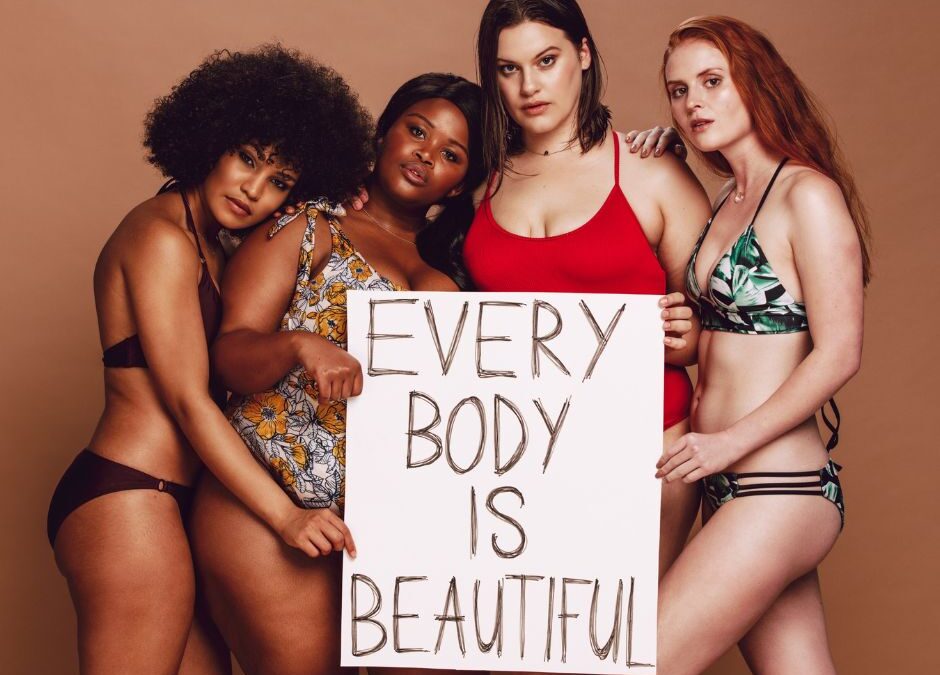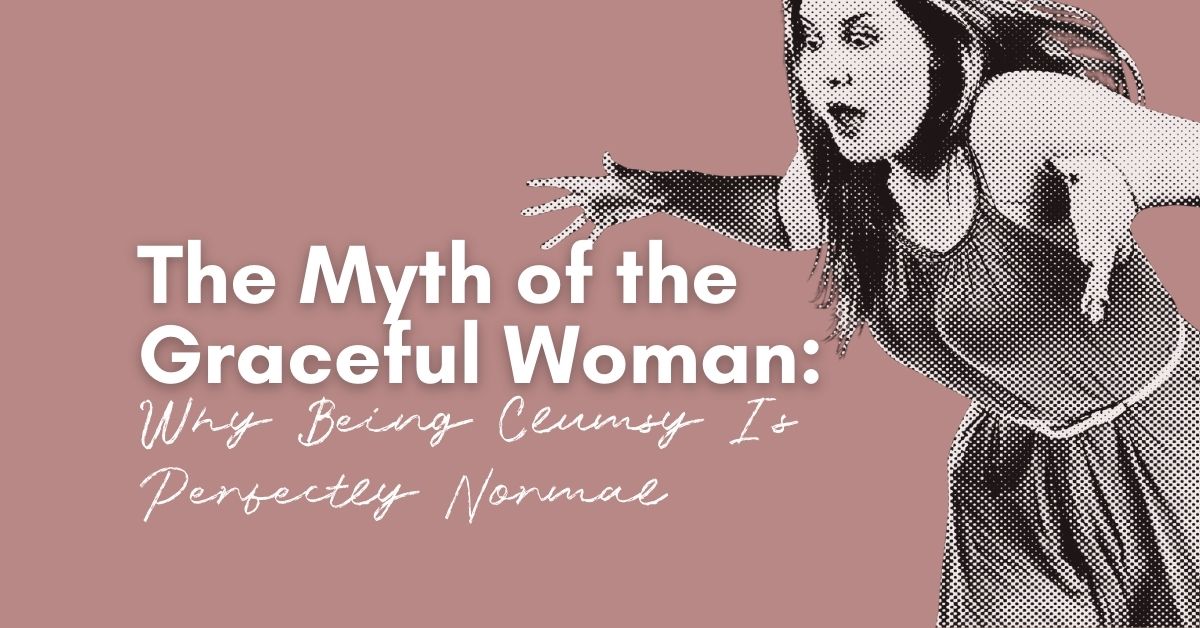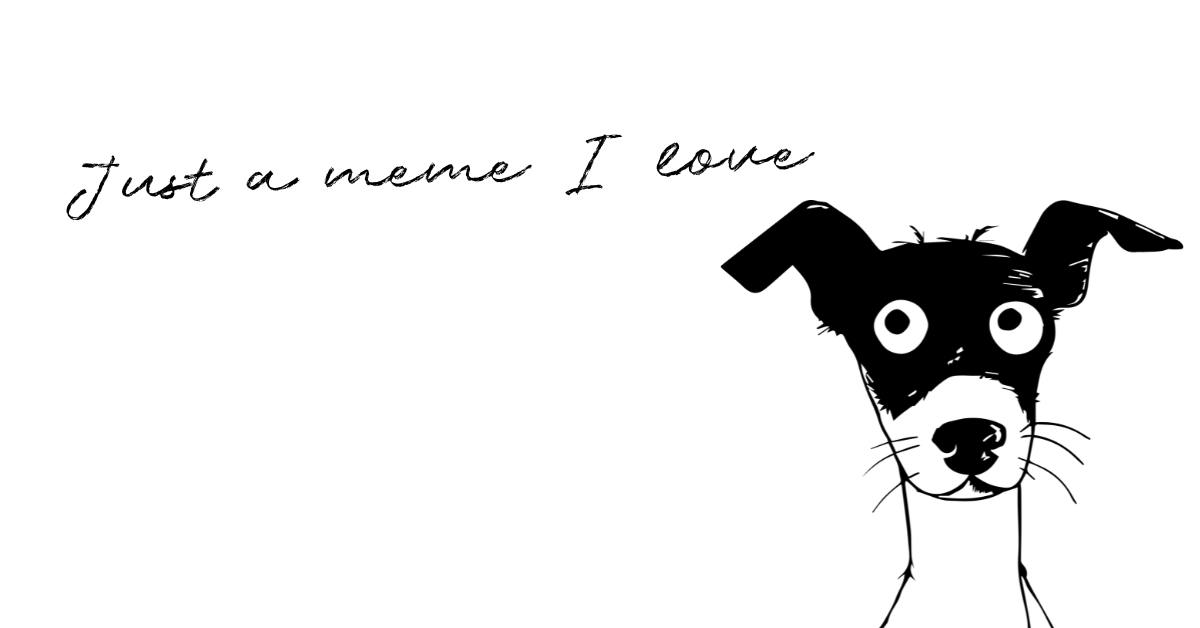Here’s something I wish someone had handed me like a glass of cold water in the middle of a body-image meltdown: talking about weight doesn’t have to be an act of war against yourself.
But for a lot of us? It is. Or it has been. Or it’s still whispering in the background every time we say we’re “body neutral” but silently pull our shirt down before we sit.
This is the first in a series I never thought I’d write. Not because I don’t think about weight; I do, more than I want to admit, but because this conversation comes loaded with shame, confusion, and about twelve inner critics screaming at once. It should come with a trigger warning and a therapist on call.
But avoiding it hasn’t made it go away. It’s just made it lonelier. So yeah, we’re talking about it. Honestly. No thigh-gap propaganda. No smoothie cleanses. No shame spirals. Just truth, complexity, and a serious side-eye at diet culture.
Why talk about weight at all?
Because weight is never just a number. It’s a story. Or more like a thousand stories:
- That time a doctor talked to you like your BMI was a personality flaw.
- The jeans you swore you’d “earn” back.
- The compliment that felt like a warning.
- The breakup you blamed on your thighs.
- The silent math you did before every meal.
Weight is memory. It’s grief. It’s every time someone taught us, explicitly or not, that our value had a dress size.
But also? It’s embodiment. Your body carries you through life. Through joy and loss and orgasms and hangovers. Through parenting, periods, dancing, surgery, and grief. It deserves care. But the way we’ve been taught to care for it? Mostly bullshit.
The emotional landmine of the word “diet”
Say it with me: diet.
Did your shoulders tense up? Mine did. It’s a word soaked in guilt, rebellion, hunger, and spreadsheets of sins. For many of us, “diet” means war; against our bodies, our cravings, and our sanity.
And now we’ve just rebranded it: “wellness,” “clean eating,” “biohacking.” Same control, different font.
But what if food wasn’t punishment? What if hunger wasn’t a moral failing? What if eating wasn’t something we had to earn?
This is where body trust comes in. It’s radical. It’s messy. And it starts with unlearning the idea that your body is a wild animal that needs to be tamed.
Respect > Restriction
I’m not here to sell you weight loss. I’m here to talk about body respect.
That might include weight loss. Or not. It might mean more movement. More rest. Less people-pleasing. More carbs.
It might mean feeding yourself like someone who matters.
Because weight loss, if it happens, should be a side effect of listening, not loathing. Not fixing. Not performing.
This isn’t about control. It’s about connection. It’s about neutrality over perfection. It’s about the kind of love that isn’t conditional.
Your body isn’t an algorithm
Your body doesn’t speak in macros or TikTok challenges. It doesn’t care what your fitness tracker says. It communicates in much quieter ways:
- The ache in your shoulders after a day of pretending.
- The craving for something warm when the world feels cold.
- The anxiety that flares when you skip meals in the name of discipline.
- The tears you swallow when you catch your reflection and feel like you failed.
This body? It’s not broken. It’s talking. Are you listening?
Because the minute you stop outsourcing your cues to apps, influencers, and medical charts, you remember something: you already know.
What you need isn’t another damn plan. You need presence. You need compassion. You need to stop treating your body like a battlefield.

So yeah. Let’s talk about weight.
Let’s drag it out of the shadows. Let’s unpack it. Let’s get messy and curious and kind. No “before and after.” Just the middle. Just this moment. Just you, as is.
What does body respect look like for you right now? Drop it in the comments. We’re building something here.



